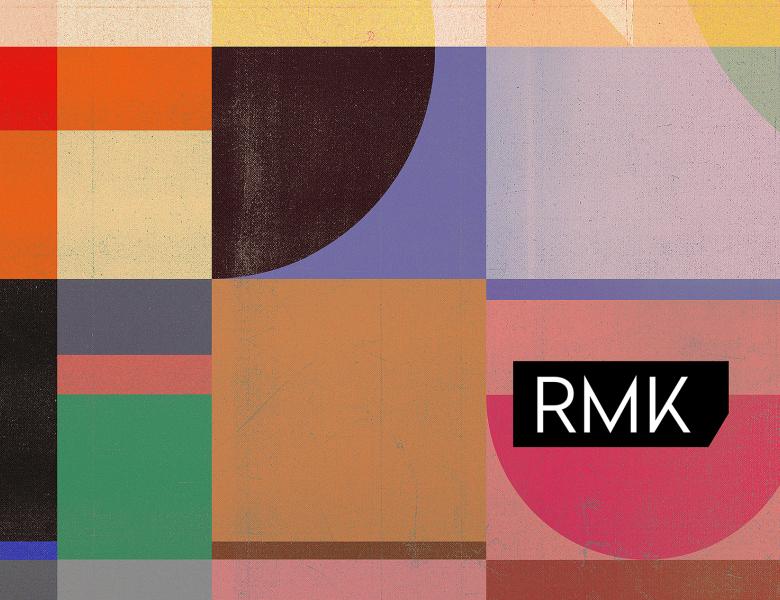
Machine Learning has recently made significant advances in challenges such as speech and image recognition, automatic translation, and text generation, much of that progress being fueled by the success of gradient descent-based optimization methods in computing local optima of non-convex objectives. From robustifying machine learning models against adversarial attacks to causal inference, training generative models, and learning in strategic environments, many outstanding challenges in Machine Learning lie at its interface with Game Theory. On this front, however, gradient-descent based optimization methods have been less successful. Here, the role of single-objective optimization is played by equilibrium computation, but gradient-descent based methods commonly fail to find equilibria, and even computing local approximate equilibria has remained daunting. We shed light on these challenges presenting obstacles and opportunities for Machine Learning and Game Theory going forward.
Constantinos (aka “Costis") Daskalakis is a Professor of Electrical Engineering and Computer Science at MIT. He holds a Diploma in Electrical and Computer Engineering from the National Technical University of Athens, and a PhD in Electrical Engineering and Computer Science from UC Berkeley. He works on Computation Theory and its interface with Game Theory, Economics, Probability Theory, Machine Learning and Statistics. He has resolved long-standing open problems about the computational complexity of Nash equilibrium, and the mathematical structure and computational complexity of multi-item auctions. His current work focuses on high-dimensional statistics and learning from biased, dependent, or strategic data. He has been honored with the ACM Doctoral Dissertation Award, the Kalai Prize from the Game Theory Society, the Sloan Fellowship in Computer Science, the SIAM Outstanding Paper Prize, the Microsoft Research Faculty Fellowship, the Simons Investigator Award, the Rolf Nevanlinna Prize from the International Mathematical Union, the ACM Grace Murray Hopper Award, and the Bodossaki Foundation Distinguished Young Scientists Award.
This event will be held in person and virtually.
Please read on for important information regarding logistics for those planning to register to attend the workshop in-person at Calvin Lab.
Proof of Vaccination
Given current public health directives from state, local, and university authorities, all participants in Simons Institute events must be prepared to demonstrate proof of full vaccination: a vaccination card or photo of the card along with a valid photo ID, or a green or blue Campus Access Badge via the UC Berkeley Mobile app (additional details regarding proof of vaccination can be found here).
Masks
Masks are strongly encouraged for all participants. The latest masking requirements on campus can be found here.
Refreshments
Light refreshments will be provided before the lecture. Please note due to current health conditions, we will set up just outside the building. There will be signs to direct you. Please note there is no food or drink allowed in the auditorium. Thank you for helping us to keep the auditorium clean.
Please note: the Simons Institute regularly captures photos and video of activity around the Institute for use in videos, publications, and promotional materials.


